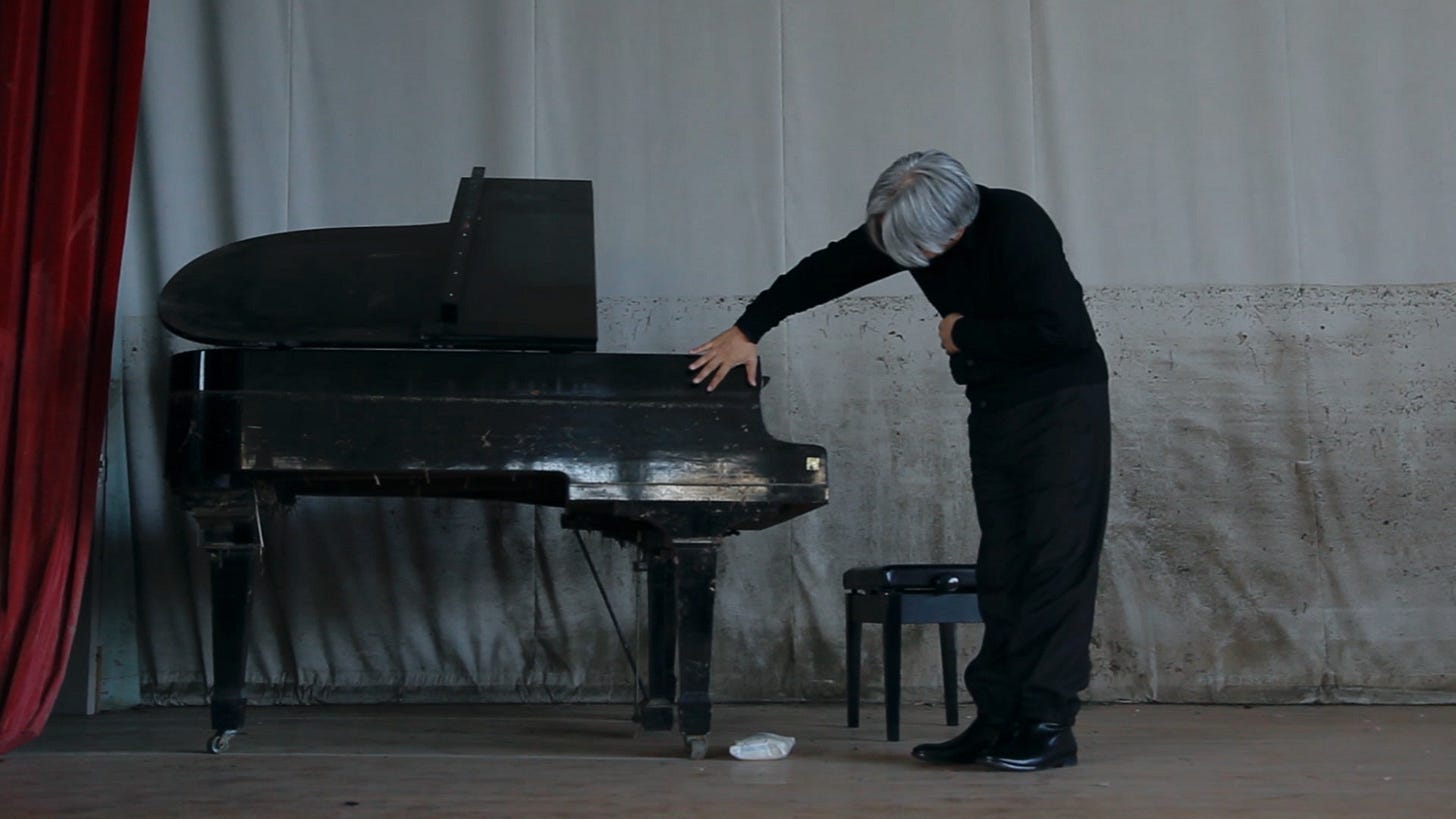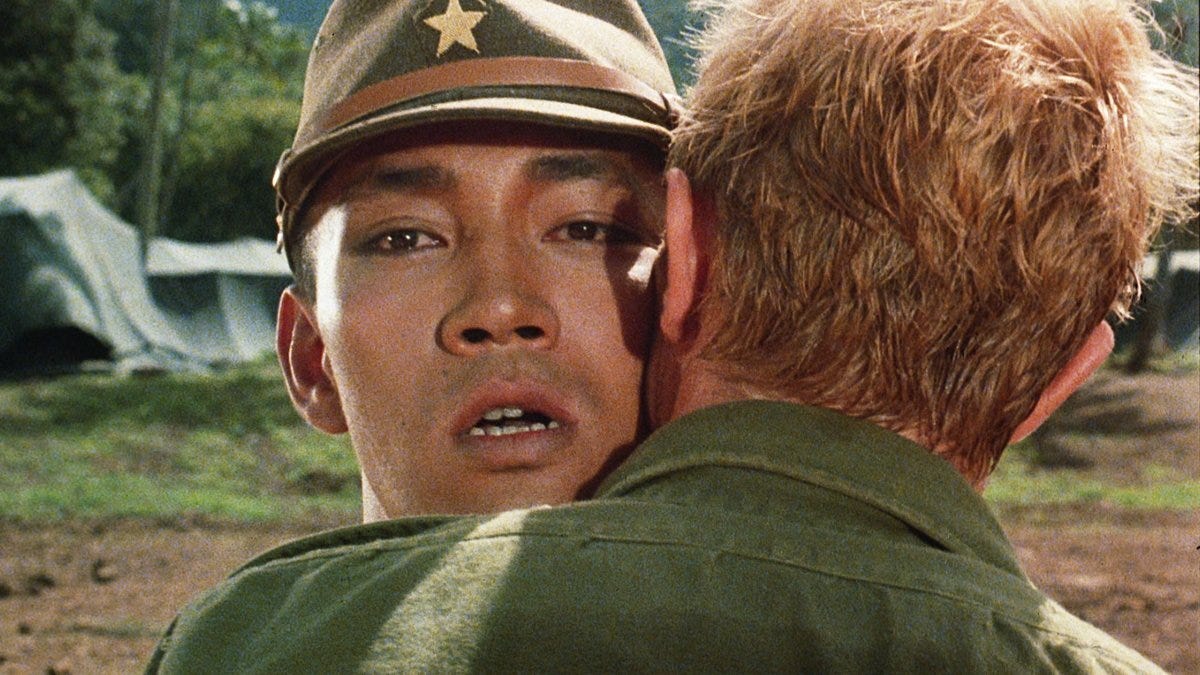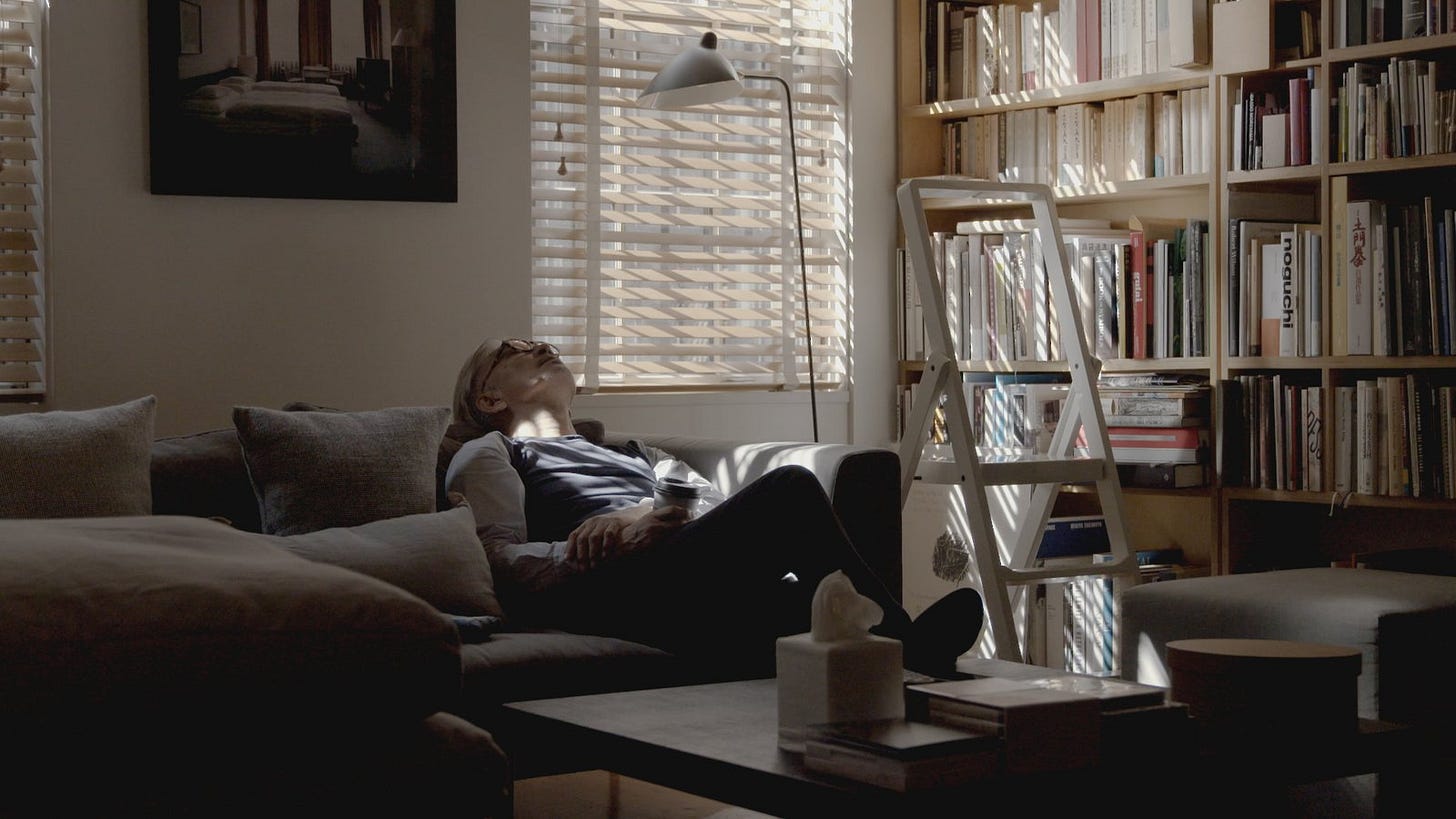This is a rediscovered musing from 2023.
I found myself at Highgate Cemetery and decided to walk through Hampstead Heath to head home. I had finished a beer-based meeting with a musician in a pub. My ears rang from the gossiping ricocheting off of the oak furniture, my hands were sticky from postulating ideas on the table and my vision was hazy from my three pints. It was March and there wasn’t much to look forward to.
As is the case with most meetings the conversation branched off of work and the life we tried to snatch away from it. Topics flitted from what our end goal was, where it had dumped us and what the purpose was. We failed to reach a definitive answer for any of them. That is not a fault with any of us, they are simply malleable subjects.
Before the meeting I had finished Erich Fromm’s To Have or to Be and I tried slipping him in to convince the musician to live without an obsession of ownership and her ideals of success but it was quickly flattened to discuss how much a trip to Japan would cost. She was fulminating about the state of the UK and how life would be ameliorated if she were to pack her bags and move to the East. I voiced my doubts despite wanting to believe her.
We said our goodbyes and I didn’t want to go home. It was the first evening it had not rained in weeks. I wanted to enjoy a feeling of drunken numbness before collapsing on my bed and waking up to the factory floor.
Stepping into the Heath after the pubs had closed immediately felt like a bad idea. It was pitch black but the treeline looked darker. A swarm of insects collectively glued themselves to my face. All the while I heard voices in the wind and caught glimpses of firefly cigarettes being sucked on in the surrounding fields.
Someone recently told me that back in the 1700s bandits preyed on travellers heading to London through the Heath. After they had been arrested, they were typically hung from trees and left until their skins were ‘cracking in the sun.’ At least when I was there it was night time so I couldn’t see the spirits.
After filling my head with nightmares I found myself breathless when I made it onto the tarmac. The rows of houses had a different state of stillness than the park, one that didn’t feel like impending death. However, the late night silence was soon broken by the chords of ‘Merry Christmas, Mr. Lawrence’ blaring out of a curtain drawn living room. An unusual pick, I thought.
Like most, this track was my introduction to Ryuichi Sakamoto. I was in my infancy obsession with Bowie when I first watched the film, and despite wanting to harbor all of my attention on Bowie it was Sakamoto who stole it. I replayed the track endlessly for weeks, always preferring the original instrumental over the Sylvian version.
From those lilting chords I knew that Sakamoto was dead.
Sakamoto’s death was the first since Bowie’s that unexplainably deeply affected me in the moment, maybe it was the alcohol dying off, maybe because it was near midnight or maybe it was my watery eyes that had frozen together. It could have also been because I found Sakamoto a kindred spirit without knowing him, like all of those other artists that you ingest daily who slowly worm their way into your personality. So when somebody asks you what music you like, you are confronted by their faces.
The fact I felt the pain of his death is not to say that nobody of influence has died since Bowie. There’s been Charlie Watts, Pharoah Sanders, Angelo Badalementi, Harry Dean Stanton, the list goes on. All of my idols have been fading away like engravings on tombstones. I hate to think of the likes of McCartney going, that would really be the end of history.
In the wake of Sakamoto’s death Mubi aired Stephen Nomura Schible’s Coda. With the camera pointed at him he knew time was running out; it could be twenty years, ten or one. It was six. His response to mortality was simply, ‘I know I want to make more music’. This was music that he was not ashamed to leave behind. The answer is one of the small moments that paints Sakamoto as a true artist, one that has an ambition far above what human limitations will allow.
By the same theme, his personal life is barely mentioned aside from his daily medication and breakfast. The work preoccupies every waking moment even in the face of death - a sentence that still felt like a joke to him. His formula is based on ritual and the eight hour day. I find it intriguing that many artists look to free themselves from the shackles of conventional work but treat their craft with the same structure. The ritual practice is mirrored in his attire, not a suit but a uniform of sleek formality equal to an architect or designer. Ron Mael had the same idea, if one has always dressed as a septuagenarian when 70 comes around one looks the same as they ever were.
The ritualisation is used as a stimulant to harbor curiosity, especially about nature and Sakamoto’s immediate surroundings. During the film he is working on Async, an album that constantly uses environmental sounds. There’s an archival clip in the film that shows Sakamoto dipping a microphone below frozen water and fishing for sound, it’s an act that causes him to break out into the biggest smile of the film. He saw it much the same way as Siddhartha, it ‘was not just water, but the voice of life, the voice of Being, the voice of perpetual Becoming.’
This bursting of emotion streams into his greatest fascination; the sounds that refuse to wane. Piano notes naturally end and evaporate into the nothingness of ambient noise. Sakamoto, however, is in search of a perpetual sound, one that won’t dissipate over time. His later albums, especially the last, pursue this goal whole-heartedly, but ultimately Sakamoto’s work as an entirety is the constant flow. I’m including Yellow Magic Orchestra in this, that is the beginning of the long stream down the face of the mountain, finally reaching the ocean with 12.
A couple of weeks later I was playing the record around a friend’s house, waiting for them to come home. It’s an album that produces a gift to slow time; tranquility is an abundance. The balcony doors were open and I was watching London crawl by. A couple of inebriates walked below me. They heard the low rumbling tones coming from above and the shorter one projected, ‘I love this one, mate.’ His taller companion laughed as he lit a cigarette, illuminating his pot-marked face in the darkness.
I politely smiled at the men who were insulting me and I thought of the musician that I had met in the Hampstead pub. Why had I been so pessimistic about her moving away? As Hermann Hesse writes, ‘the river is everywhere.’





